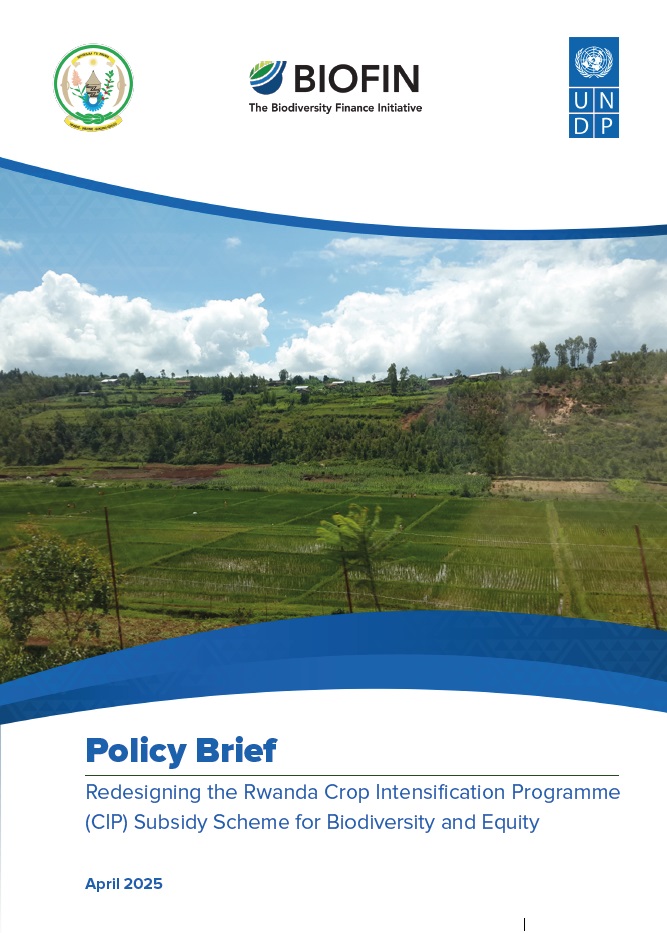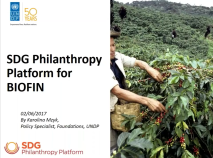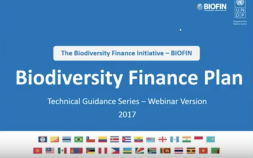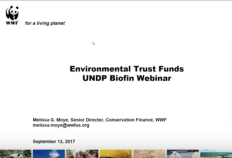
As Rwanda continues its journey toward sustainable development, a recent study offers valuable insights into how the Crop Intensification Programme (CIP) could evolve to better support biodiversity and social equity. While the CIP has played a vital role in boosting agricultural productivity, the study highlights environmental and social challenges linked to its current subsidy model—particularly the reliance on inorganic fertilisers and monocropping practices.
The findings suggest that a phased reduction of inorganic fertiliser subsidies, especially in rice cultivation, could help mitigate biodiversity loss and soil degradation. The policy brief proposes reallocating resources to promote organic fertilisers, strengthen farmer support systems like the Girinka programme, and invest in research, extension services, and sustainable land management.
Importantly, these recommendations are intended to inform ongoing dialogue and policy development, offering a roadmap for aligning agricultural productivity with environmental sustainability and social inclusion.
This work supports Rwanda’s Vision 2050 and provides a foundation for future discussions on how to balance food security with ecological resilience. Stakeholder engagement, inclusive decision-making, and adaptive management are central to the proposed approach.



